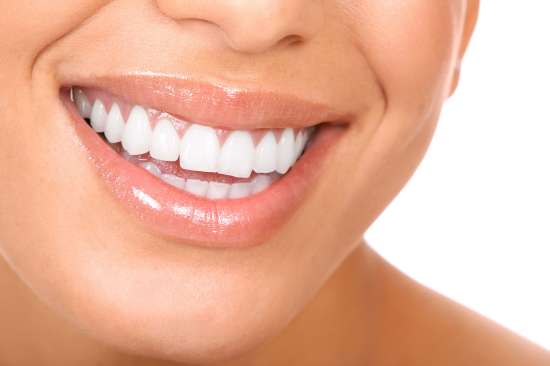It is important that we brush and floss our teeth regularly. But do you know why? Have you ever heard of the term Tartar (also known as Dental Calculus)? Do you know how to prevent it?
Understanding the development of Tartar

To understand tartar, we must first understand what it is. Individuals vary in the likelihood of developing tartar, but for many people, tartar builds up faster as they age.
Where does Tartar come from? Tartar appears on our teeth as a result of Dental Plaque buildup. Dental Plaque is a sticky coat that forms on the teeth from bacteria buildup. This sticky film coats the teeth and continues to build around the gum line, sticking to fillings and other parts of the mouth. Plaque is full of bacteria, and when left to build up, it can damage the tooth enamel and cause cavities.
Dental calculus is caused or created by dental plaque. When the plaque is not properly cleaned it eventually hardens and develops into Tartar. Tartar is a bacterial buildup that forms below and above the gum line. It is rough, porous and traps stains on the teeth; it can also lead to gum diseases or receding gum lines.
While flossing may dislodge some tartar, you still need to visit the dentist to have them completely removed. Tartar can form a strong bond that can only be properly removed by specialized tools that your dental hygienist has access to.
How Does Tartar Affect Teeth and Gums?
Tartar can make it harder to properly clean your teeth, which can lead to tooth decay or cavity problems. Any tartar that forms above the gum line should be taken seriously. That is because the bacteria in it can irritate and damage your gums, and when left untreated over time, it can lead to progressive gum disease.
One of the more popular types of gum disease that results from Tartar build up is called gingivitis. Gingivitis creates pockets or gaps between the gums and teeth; as a result the mouth is at an increased risk of being infected by bacteria. The bacteria that forms can damage your mouth, the jaw bone, and tissues keeping your teeth in place. Some studies have also associated bacteria in the mouth with heart diseases as well.
How to Stop Tartar From Developing On Your Teeth
The best way to treat Tartar buildup is with some basic dental hygiene:
- Brush Regularly: Brush twice a day with a soft brush that’s small enough to fit in your mouth comfortably. Ensure you scrub everywhere, including the hard-to-reach surfaces of your mouth like the back of your teeth and your rear molars.
- Use Electric Toothbrushes: Studies show that electric toothbrushes can help get rid of plaques better than manual toothbrushes.
- Choose a toothpaste with fluoride: Fluoride will help repair damaged enamel.
- Flossing: Flossing is the only way to get to those hard-to-reach places and clean out tartar.
- Rinse Daily: using an antiseptic mouthwash daily kills the bacteria that cause plaque.
Best Tartar Remover
To ensure you remove every trace of Tartar on your teeth, it is important that you visit a dentist regularly. Our Charleswood Dental Clinic offers specialized services, including tartar removal. Our team of professionals offers the best care, remedies, and preventive measures to keep your teeth healthy and maintain a bright smile. If you’re looking for a dental clinic in Winnipeg, Manitoba, contact us today, and we will be happy to get in touch with you and book an appointment to see one of your dentists.

